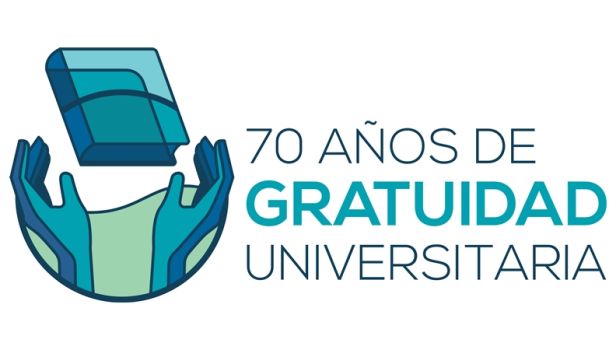New Insights into national access quotas for higher education

National access quotas are a crucial tool for promoting inclusion and diversity in higher education. Quotas are generally used to set aside a certain number of seats in higher education institutions for targeted population groups, such as students from vulnerable communities or with disabilities. By ensuring that these groups access higher education, quotas can help to combat discrimination and create more equitable opportunities in higher education. However, the design and implementation of quotas must be carefully planned to avoid unintended consequences, such as limiting access for other groups not covered by these policies.
New data on the use of quotas around the world
The latest Policy Insight reveals that, globally, only 14% of countries have established national access quotas for higher education. The data shows significant regional variations. While in Central Asia 50% of countries implement access quotas, no country in the Arab States implement such policies at the national level. The Insight also notes that middle-income countries are more likely to implement access quotas, potentially reflecting a focus on inclusion and diversity as their higher education systems evolve.

Implications for policymakers and future research
The strong degree of regional influence underlines the importance of context when implementing national access quotas. Policymakers need to gather reliable and comprehensive data, and carefully consider the local socio-political landscape before setting quotas. Additionally, quotas should be part of a broader strategy that includes supporting mechanisms such as scholarships, counseling, and financial aid to ensure that students admitted through quotas succeed in their studies. Further research could be useful to explore the long-term impact of access quotas and to identify effective practices to foster inclusion in higher education systems worldwide.
Dive into UNESCO’s Policy Insight 15 to gain a deeper understanding of higher education governance globally and its implications for future policymaking and research:
RELATED ITEMS







